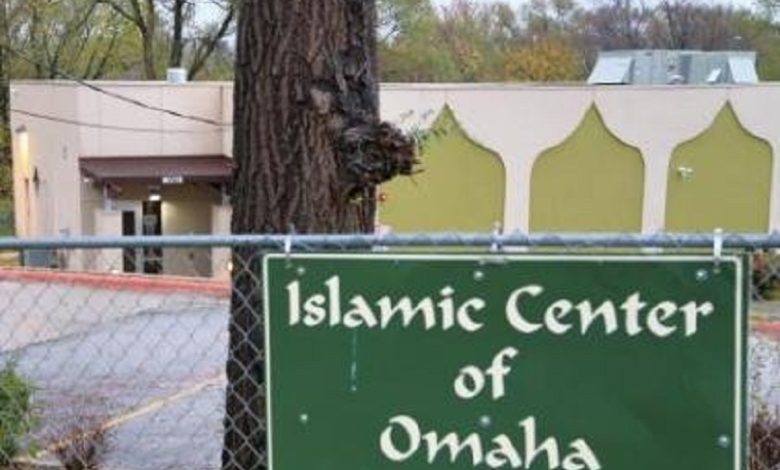Islamic Centers in Omaha: Building Faith, Education, and Interfaith Unity in Nebraska
Explore how Omaha’s growing network of mosques fosters spirituality, learning, and community service across the Midwest.

The Muslim community of Omaha, Nebraska, has grown steadily over the past several decades, building a network of Islamic centers and mosques that serve as pillars of faith, culture, and social service. These centers—diverse in origin yet united in purpose—reflect the vibrant presence of Islam in the American Midwest, offering prayer spaces, educational programs, and outreach initiatives that connect Muslims and non-Muslims alike.
A Growing Muslim Presence in Omaha
The establishment of Omaha’s Islamic institutions began in the 1960s, when early Muslim immigrants from Africa, the Middle East, and South Asia sought to create a place for prayer and community. Today, the city is home to multiple Islamic centers, including:
-
Islamic Center of Omaha (ICO) – Located on 73rd Street, this is Omaha’s largest mosque and a central hub for worship, education, and interfaith events.
-
Masjid Al-Nur – Serving North Omaha, this mosque provides daily prayers, Quranic education, and youth mentoring programs.
-
Islamic Center of Bellevue – A growing community space south of the city, offering regular prayers and family activities for the expanding Muslim population.
-
Omaha Islamic Center (OIC) – Known for its inclusive atmosphere, this center focuses on community outreach and new Muslim support.
-
Al-Rahma Mosque – A newer addition that emphasizes family-based religious education and weekend Quran classes.
Together, these centers serve thousands of Muslim families and students, many affiliated with local universities, healthcare systems, and international companies.

Education and Youth Development
Nearly every Islamic center in Omaha operates weekend schools, teaching Quranic studies, Arabic, and Islamic ethics. Youth groups organize sports tournaments, leadership camps, and cultural workshops designed to help young Muslims build confidence and civic engagement.
The Muslim Youth of Omaha network links young people across different mosques, encouraging unity and collective service projects.
Interfaith Collaboration and Civic Engagement
Omaha’s Islamic centers play a vital role in interfaith dialogue. Many participate in Tri-Faith Commons, a nationally recognized campus where a mosque, church, and synagogue share one property—a rare symbol of peaceful coexistence and understanding.
Imams and community leaders regularly host open houses, educational panels, and charity drives that strengthen ties between Omaha’s Muslim and non-Muslim residents.

Humanitarian and Social Services
Beyond religious functions, Islamic centers in Omaha are deeply involved in humanitarian aid and social justice.
They organize food drives, blood donations, refugee assistance, and disaster relief fundraisers, working closely with organizations like the Red Cross and local shelters.
During Ramadan, community members volunteer to deliver meals to neighbors and host interfaith iftars to promote unity and compassion.
Preserving Identity, Building the Future
The Islamic centers of Omaha are more than houses of worship—they are community anchors helping Muslims navigate life in a multicultural America. Through faith, education, and public service, they have built a lasting legacy of contribution and coexistence in the heartland.



